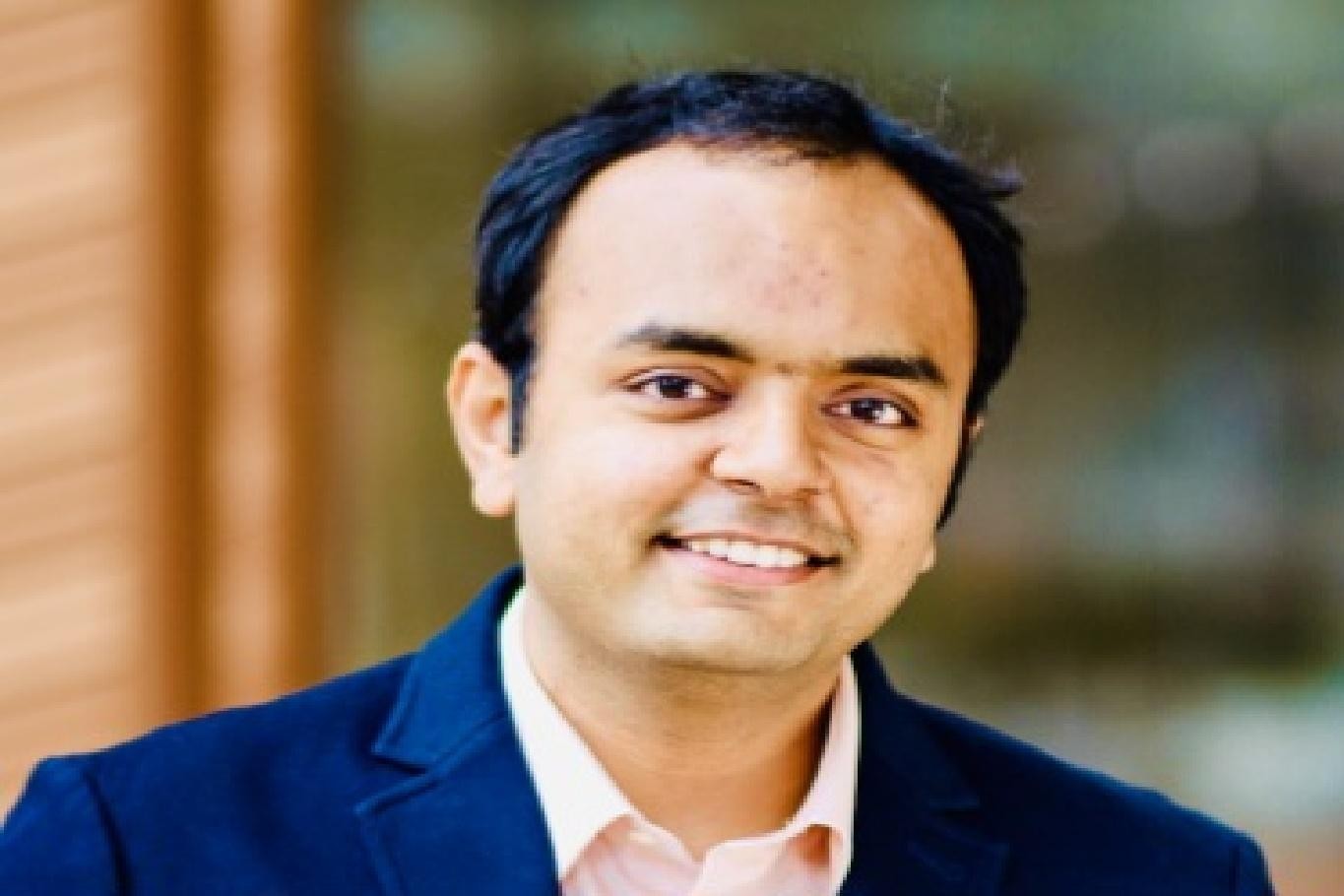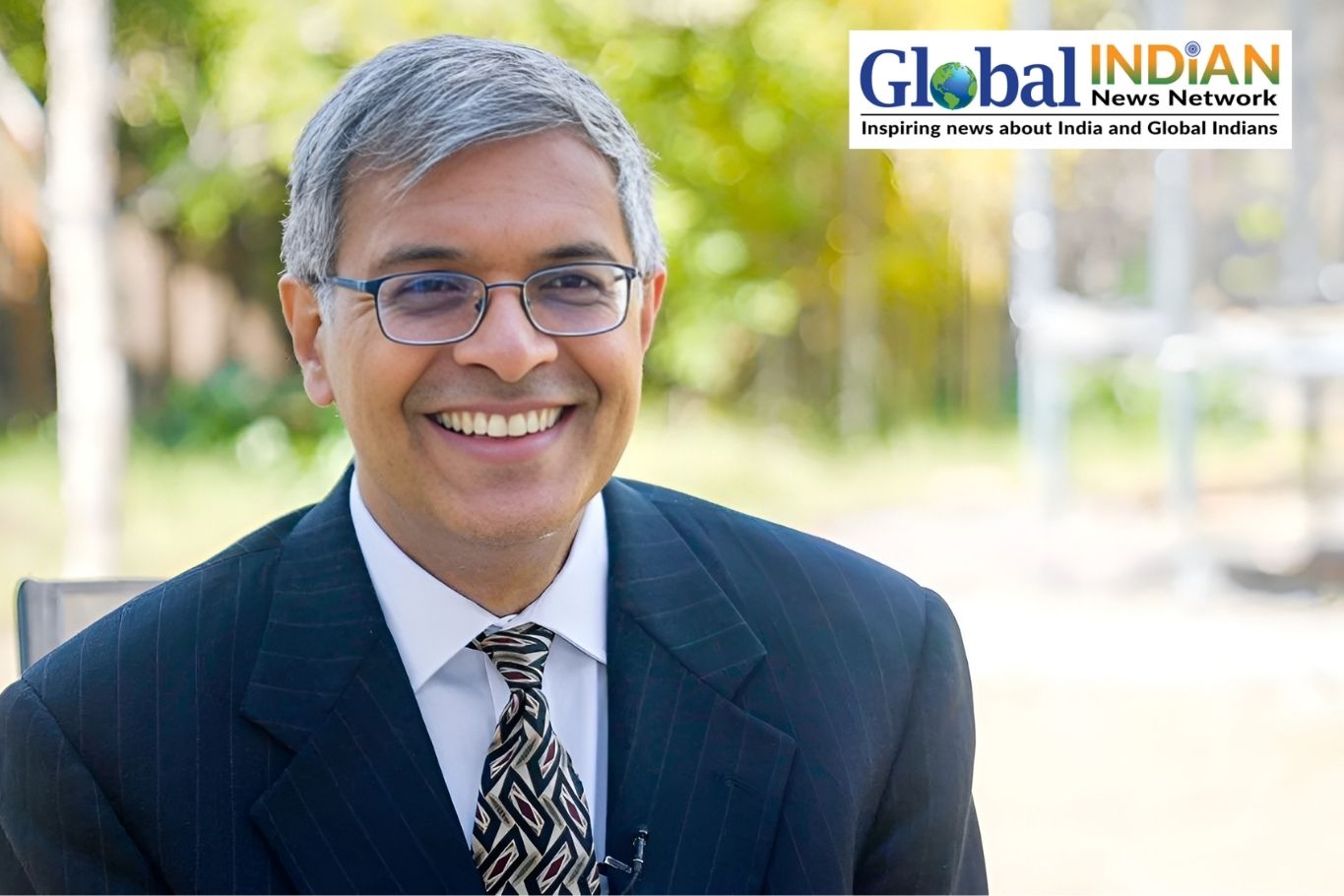
An innovative study led by Ankur Gupta and his team of CU Boulder scientists suggests a potential revolution in charging technology. Gupta, an assistant professor of chemical and biological engineering at the University of Colorado Boulder, hails from Delhi, India, and began his academic journey at the Indian Institute of Technology (IIT) Delhi, followed by a stint at the Massachusetts Institute of Technology (MIT), where he earned his MS and PhD in Chemical Engineering.
Their research, published in the Proceedings of the National Academy of Sciences, focuses on the movement of ions within intricate networks of tiny pores. Gupta envisions this breakthrough paving the way for quicker charging times in electronic devices and electric vehicles, potentially transforming energy storage devices like supercapacitors.
Motivated by the pivotal role of energy in shaping the planet’s future, Gupta redirected his chemical engineering expertise toward enhancing energy storage technologies. He notes the underexplored nature of this field, presenting a perfect opportunity for innovation.
The team’s findings challenge Kirchhoff’s law, a fundamental principle governing current flow in electrical circuits for nearly two centuries. Unlike electrons, ions move through a combination of electric fields and diffusion, with their behavior at pore intersections diverging from Kirchhoff’s law.
Gupta emphasizes the significance of their discovery as it bridges the gap in understanding ion movement, marking a substantial advancement in energy storage research.









